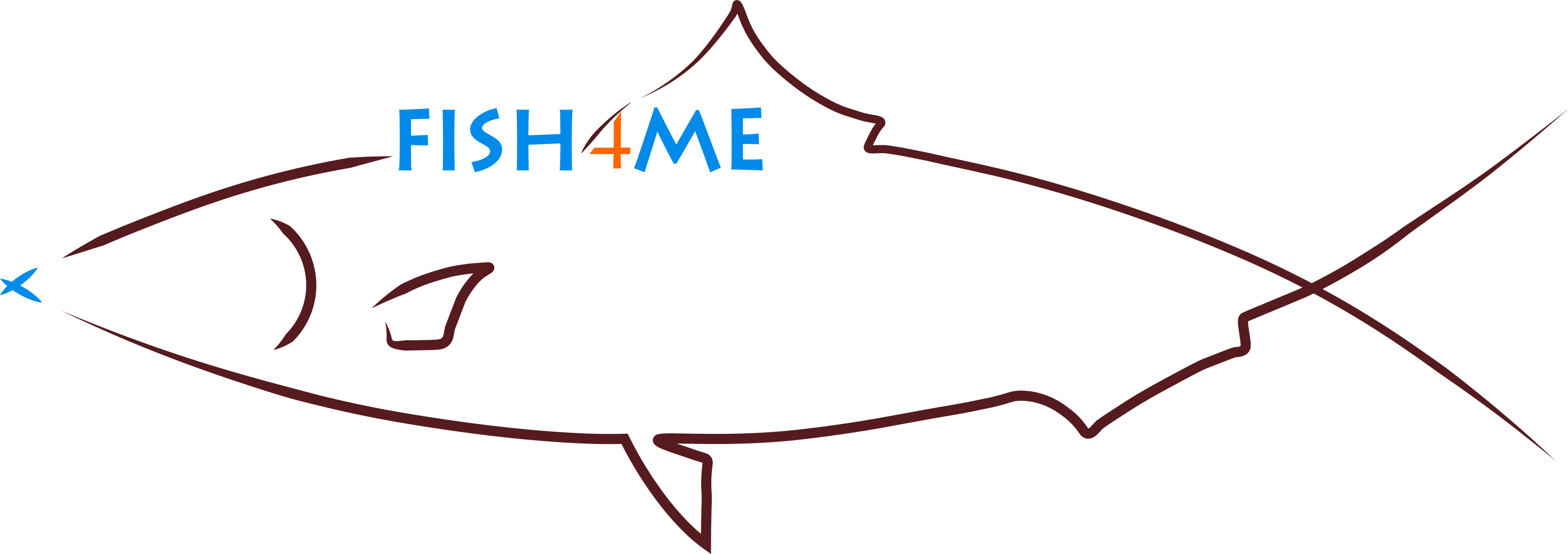The Illegal Unreported and Unregulated fisheries (INN) Impoverishes stocks, destroys marine habitats, puts honest fishers at a disadvantage, and weakens coastal communities, especially in developing countries (info. from European Commission). In this way, IUU activities sacrifices long-term biological capital in favor of short-term economic or social gain (Denzil Miller).
The most affected species are the ones with greater commercial and economic value; migratory species which have, as an essential habitat, international waters; and species not covered by RFMO’s (Regional Fisheries Management Organizations) (Castro, 2016).
One of the contributions to both illegal, unreported and unregulated (IUU) fishing, as well as to overfishing is the existence of flags of convenience.
Ownership of Ships and Use of Flags of Convenience
According to Eliane M. Octaviano Martins (Author of the Course of Maritime Law, Vol I e II (Editora Manole)): “The registration of the ownership of vessels determines their nationality. Once the registration has taken place, the vessel will be entitled to fly the flag of the State of Registry, as well as having protection in the high seas and other inherent advantages of nationality. Proof of nationality is made by the Provision of Maritime Property Registration (PRPM), one of the obligatory documents on board. In this way, ships have the nationality of the State whose flag is authorized to browse and there must be a substantial link between the State of the Register and the ship.”
Considering the conditions and assumptions adopted by the different countries, the vessels registrations can be classified in National Registries and Open Registries.
The Open Registration of Flags of Convenience (FOC) are characterized by offering total ease of registration, tax incentives, non-imposition of a link between the State of Registry and the ship. Furthermore, such States do not require or strictly enforce compliance of the adoption of national or international rules and regulations on vessels registered. Simultaneously with the economic advantages offered by such registers, less stringent legislation and regulations on safety and on-board equipment are drawn up. It is not require any link between the State of Registry and the ship. Thus, these activities accour usualy without constraint and remain outside of any form of scrutiny, transparency or accountability. This is a danger recognized by several high-level ministerial declarations and for United Nations General Assembly (UNGA) (Denzil Miller).
Where does IUU take place?
IUU activities aren’t simply a manifestation of sophisticated Distant Water Fishing State(s) (DWFS) that find ways to circumvent regulatory or control measures on the high seas.
It’s a global phenomenon (Figure 1) that affects fisheries under the jurisdiction of coastal States, as well as those in the high seas regulated or not by RFMOs (Regional Fisheries Management Organizations) (Denzil Miller).

Figure 1. Location of vessels involved in IUU fishing (in Sumaila et al. 2006. Global Scope and Economics of Illegal Fishing Policy 30: 696-703.)
In addition to the consequences initially mentioned, IUU fishing and overfishing cause:
- Reduction of the medium fish sizes (Figure 2). With the disappearance of the larger fish sizes, the fishery is redirected to smaller and smaller sizes and consequently, when the number of species is reduced, fishing is carried out at lower levels of Trophic chain (Figure 3);
- The top predator of the trofic chain are desapearing;
- Cause impacts on the population structure, changing its dynamic;
- Decrease of the genetic diversity.

Figure 2. First Euroscience Open Forum (ESOF 2004), 25-28 August 2004. Presentation by Ulf Dieckmann, International Institute for Applied Systems Analysis, Laxenburg.

Figure 3. Fishing Down the Marine Food Web, Photo Credits: Pauly 2003.
Biography:
- MILLER, Denzil O que é a pesca IUU e que medidas podem ser tomadas para a travar? Ponto de Situação.
- CASTRO, Margarida (2016). Capturas em meio marinho. Universidade do Algarve.
Webgraphy:
- Comissão Europeia (Pesca): http://ec.europa.eu/fisheries/cfp/illegal_fishing/index_pt.htm
- FAO (Food and Agriculture Organization of the United Nations): http://www.fao.org/fishery/iuu-fishing/en
- World Ocean View: http://worldoceanreview.com/en/wor-2/fisheries/illegal-fishing/
Imagens:
- CASTRO, Margarida (2016). Capturas em meio marinho. Universidade do Algarve.
- Effects of Over-Exploitation: http://notenoughfishes.weebly.com/effects-of-over-exploitation.html
- MILLER, Denzil O que é a pesca IUU e que medidas podem ser tomadas para a travar? Ponto de Situação.
